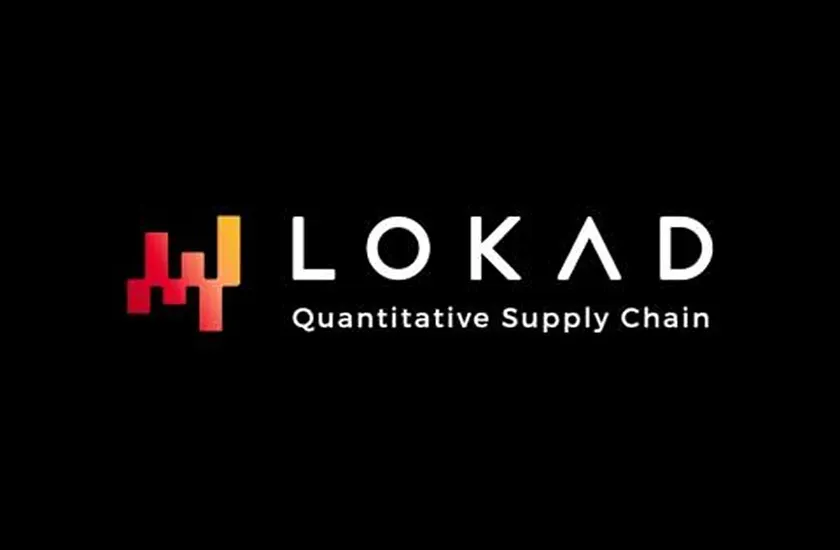Lokad

Pricing Details
Subscription-based pricing (SaaS). Tiered based on complexity (T1, T2) and volume. Starting price from $150/month (according to SoftwareSuggest) or $3500/month (according to Spotsaas). Contact vendor for exact pricing.Features
AI-powered Supply Chain Optimization, Probabilistic Forecasting, Stochastic Optimization, Inventory Optimization, Pricing Optimization, Automated Decisions, Demand Forecasting, Lead Time Forecasting, Scenario Modeling, End-to-End Visibility, Integrations (ERP, WMS), Analytics, Dashboards.Integrations
Designed to integrate with ERP (SAP, Microsoft Dynamics, etc.), WMS, and other business management systems.Preview
Lokad is a quantitative supply chain platform built on the extensive use of artificial intelligence (AI) and machine learning (ML). Founded in 2008, the company specializes in optimizing complex supply chain decisions, such as inventory management, pricing, and procurement planning, under uncertainty. Lokad stands out for its scientific, probabilistic approach, which explicitly models demand and lead-time variability, providing more accurate forecasts and robust recommendations than traditional methods. The platform uses stochastic optimization to maximize expected profitability while respecting business constraints. Key features include: probabilistic forecasting of demand and lead times; multi-echelon inventory optimization; dynamic pricing; automated replenishment and procurement decisions; sensitivity analysis and scenario modeling; end-to-end supply chain visibility; detailed dashboards and reporting. Lokad is implemented as a multi-tenant cloud-based SaaS solution. The platform is designed to integrate with existing enterprise systems, such as ERP and WMS, to ingest necessary data and deliver optimized decisions. Lokad helps companies reduce costs associated with excess or insufficient inventory, improve customer service levels, and make more informed and profitable decisions in the face of inherent supply chain uncertainty.